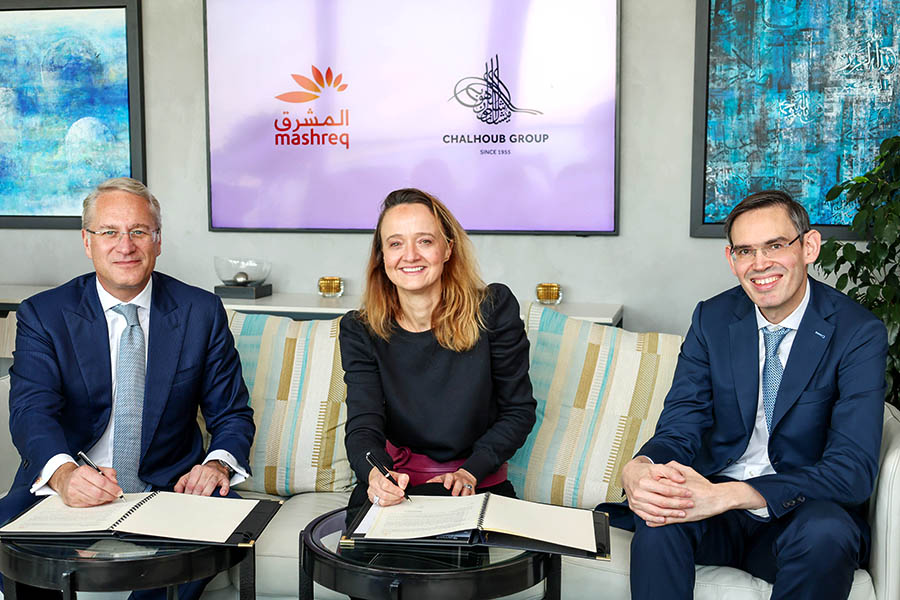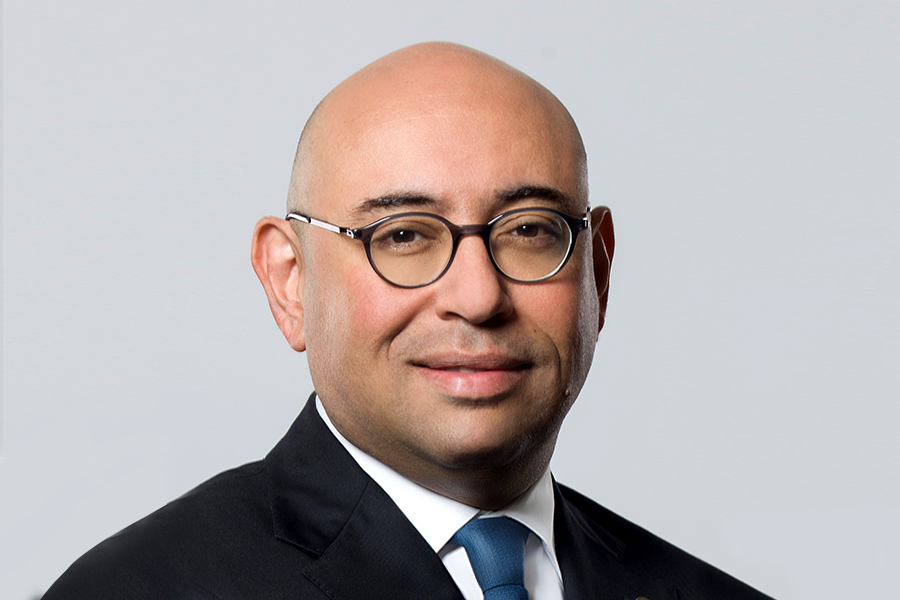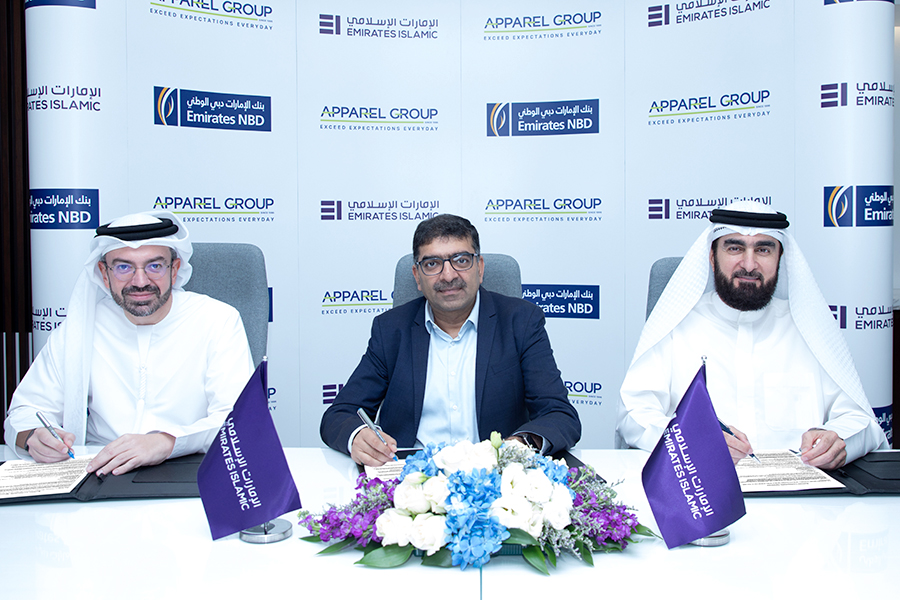
Sustainable finance is a catalyst for positive change in retail
Globally, retailers are becoming serious about their commitments towards creating business models focused on the 4Ps – people, planet, purpose and profit. Importantly, businesses are realising that purpose and profitability can go hand-in-hand. They are exploring new ways to address climate change and related sustainability issues. And action is seldom possible without collaboration. One option that’s emerging to the forefront is retailers’ collaboration with banks to create additional financial incentives.

A recent development that underscores the growing importance of sustainable financing in the Middle East is Mashreq extending its first Sustainability-Linked Working Capital Facility to regional luxury retailer Chalhoub Group. This debut bilateral facility not only highlights both entities’ commitment to ESG principles but also sets a new benchmark for sustainable financing in the region.
The sustainable finance product is structured around a comprehensive set of key performance indicators (KPIs) for the next three years, spanning the entire ESG spectrum, beyond achieving net-zero emissions. The facility also includes Social and Governance KPIs, emphasising women’s representation in senior leadership and the response rate for Chalhoub Group’s sustainability supplier scorecard.
“Our dedication to fostering responsible practices and driving positive environmental and social impact is at the core of our strategies. Through this sustainable finance facility, we are creating additional accountability on our side, founded on our belief that it takes concerted collective efforts to achieve on ambitious targets,” stated Patrick Chalhoub, Group President, Chalhoub Group.
Notably, Mashreq has set an ambitious target to finance and facilitate $30 billion in sustainable financing by 2030. The bank has already made significant strides, facilitating $1.3 billion in water-related projects.

Adding his perspective, Ahmed Galal Ismail, Chief Executive Officer at Majid Al Futtaim – Holding said, “Sustainable finance will play a fundamental role as we transition to a net zero carbon economy and collectively strive to meet the aims of the Paris Agreement and the SDGs. This progress, however, is only achievable if we work collectively to take action. We are advocating for collaboration between both the public and private sectors, with governments taking responsibility for enabling favourable conditions and incentives for investment, and private sector leadership and finance to drive transformation. This coordinated and determined commitment will build more resilient, equitable, and sustainable organisations, and has the capacity to future-proof the global economy.”
Interestingly, Majid Al Futtaim has published a Sustainable Finance paper, which examines the significant increase in sustainable finance in the MENA region and the ways it can act as a catalyst for positive change. The paper offers a look into the global and regional sustainable finance landscape and calls for collaboration between the private and public sector entities to unlock $30 trillion of new investment needed to achieve the United Nation’s 17 Sustainable Development Goals (SDGs) by 2030.
On its part, Majid Al Futtaim is one of the first privately-owned Dubai corporation to incorporate green Islamic financing into its funding structure, most recently raising $500 million through its fourth green capital markets issuance. In fact, Majid Al Futtaim also introduced an innovative sustainability-linked loan financing with a ‘penalty-only’ loan structure.
“Finance is a critical enabler of climate action, and by doubling down on developing the right structure and mechanisms, the MENA region is positioned to become a thriving hub for sustainable finance, leading the way towards a low-carbon and resilient future,” Ismail observed.

Meanwhile UAE-based regional retail conglomerate Apparel Group has signed ESG-linked term finance deal with Emirates Islamic and Emirates NBD. The financing deal between Apparel Group, Emirates Islamic and Emirates NBD is aligned to their shared strategic focus on advancing sustainability, simultaneously tackling significant ESG factors in the fashion and retail industry. The deal aims to set a new benchmark for the fashion and retail industry in the UAE, showing that financial prosperity and sustainability can go hand in hand. The financing acts as a pioneering model for players in the retail and fashion industries seeking to make a positive impact on the environment and society, directly aligning with the UAE’s Net Zero by 2050 Strategic Initiative.
The two banks partnered with Apparel Group to embed key performance indicators, aligned with the company’s sustainability strategy within its financing structure. The incentives structured in the term facility agreement are strategically concluded to synergise with Apparel Group’s sustainability performance objectives, thereby reflecting the company’s dedication to the UAE’s long-term environmental goals. This approach benefits Apparel Group and its stakeholders and contributes positively to the planet.
“Our ESG-linked financing agreement is more than a financial endeavour; it’s a mutual pledge towards long-term environmental stewardship, social prosperity and exemplary governance,” emphasized Neeraj Teckchandani, CEO of Apparel Group. “The synergy with Emirates NBD Group on our high standards and strategic goals fortifies the foundation of this partnership, and we are excited about the role this collaboration will play to advance our sustainability agenda and contribute to the UAE’s progressive leadership in responsible business.”
In summation, turning towards a key announcement at COP28, where the UAE has committed $200 million to help low-income and vulnerable countries fight climate change through the International Monetary Fund Resilience and Sustainability Trust (RST).
You must be logged in to post a comment.